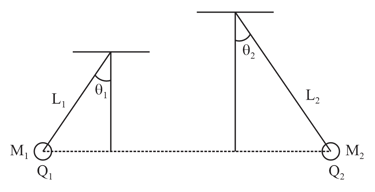EASY
12th West Bengal Board
IMPORTANT
Earn 100
Three positive charges of equal value are placed at the vertices of an equilateral triangle. The resulting lines of force should be sketched as in Fig. .
(a)
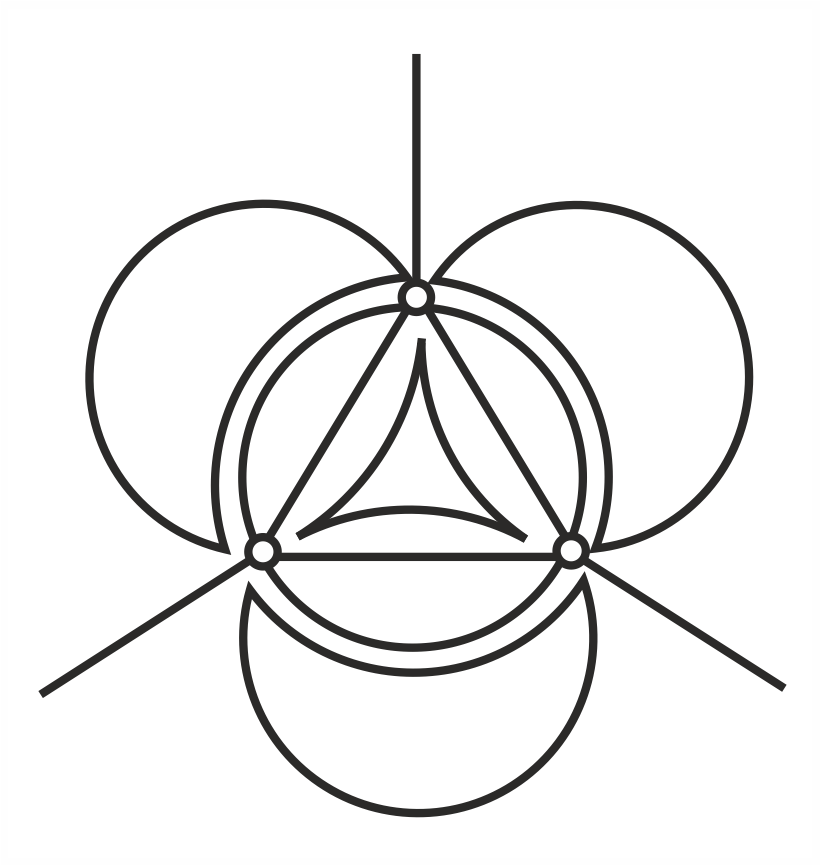
(b)

(c)

(d)
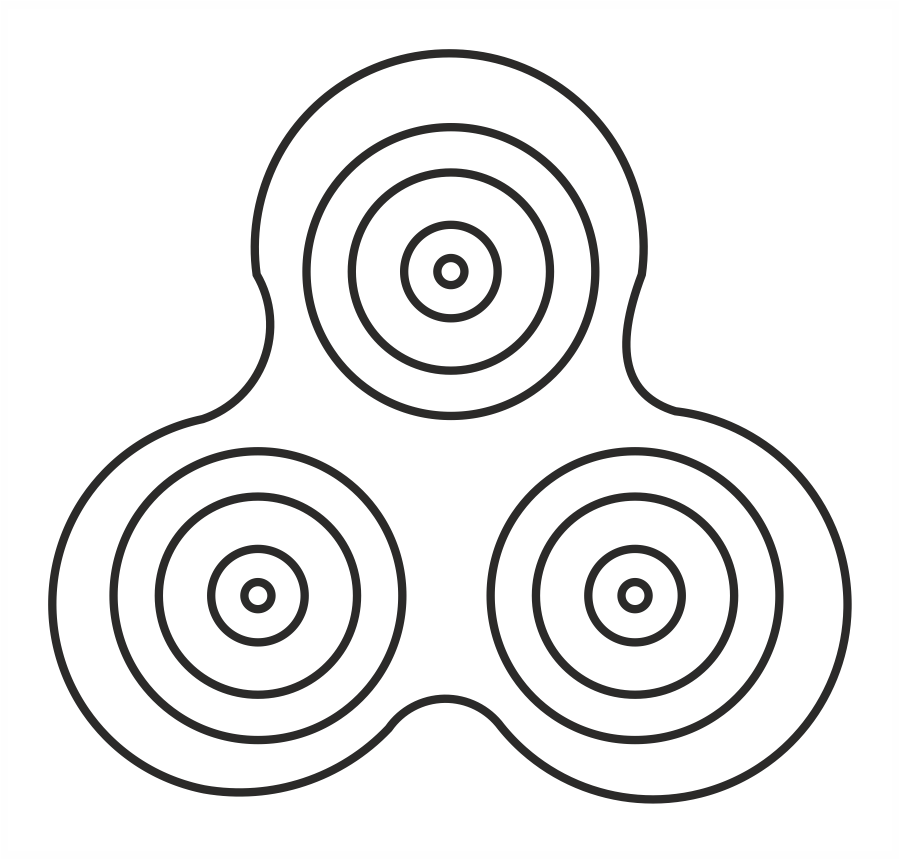
25% studentsanswered this correctly

Important Questions on Interaction of Charged Particles, Electric Field and Potential
EASY
12th West Bengal Board
IMPORTANT
A metallic shell has a point charge kept inside its cavity. Which one of the following diagram, Fig. correctly represents the electric lines of force?
EASY
12th West Bengal Board
IMPORTANT
A metallic solid sphere is placed in a uniform electric field. The lines of force follow the path (s) shown in figure, Fig. , as
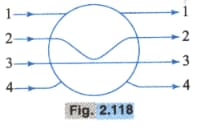
EASY
12th West Bengal Board
IMPORTANT
Which of the following figures, Fig. , cannot possibly represent electrostatic field lines?
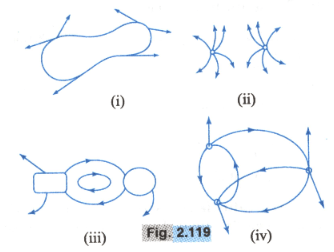
EASY
12th West Bengal Board
IMPORTANT
A hollow metal sphere of radius is charged, such that the potential on its surface is . The potential at the centre of the sphere is -
HARD
12th West Bengal Board
IMPORTANT
A charged wire is bent in the form of a semicircular arc of radius . If charge per unit length is , the electric field at the centre is
EASY
12th West Bengal Board
IMPORTANT
Two equal point charges are fixed at and on the -axis. Another point charge is placed at the origin. The change in electric potential energy of when it is displaced by small distance along the -axis, is approximately proportional to
HARD
12th West Bengal Board
IMPORTANT
The electric potential at any point (all the coordinates are in metres) in space is given by . The electric field at the point in is
HARD
12th West Bengal Board
IMPORTANT
Two small spheres of masses and are suspended by weightless insulating threads of lengths and The spheres carry charges and respectively. The spheres are suspended such that they are in level with one another and the threads are inclined to the vertical at angles of and as shown in Fig. . Which one of the following conditions is essential, if ?
